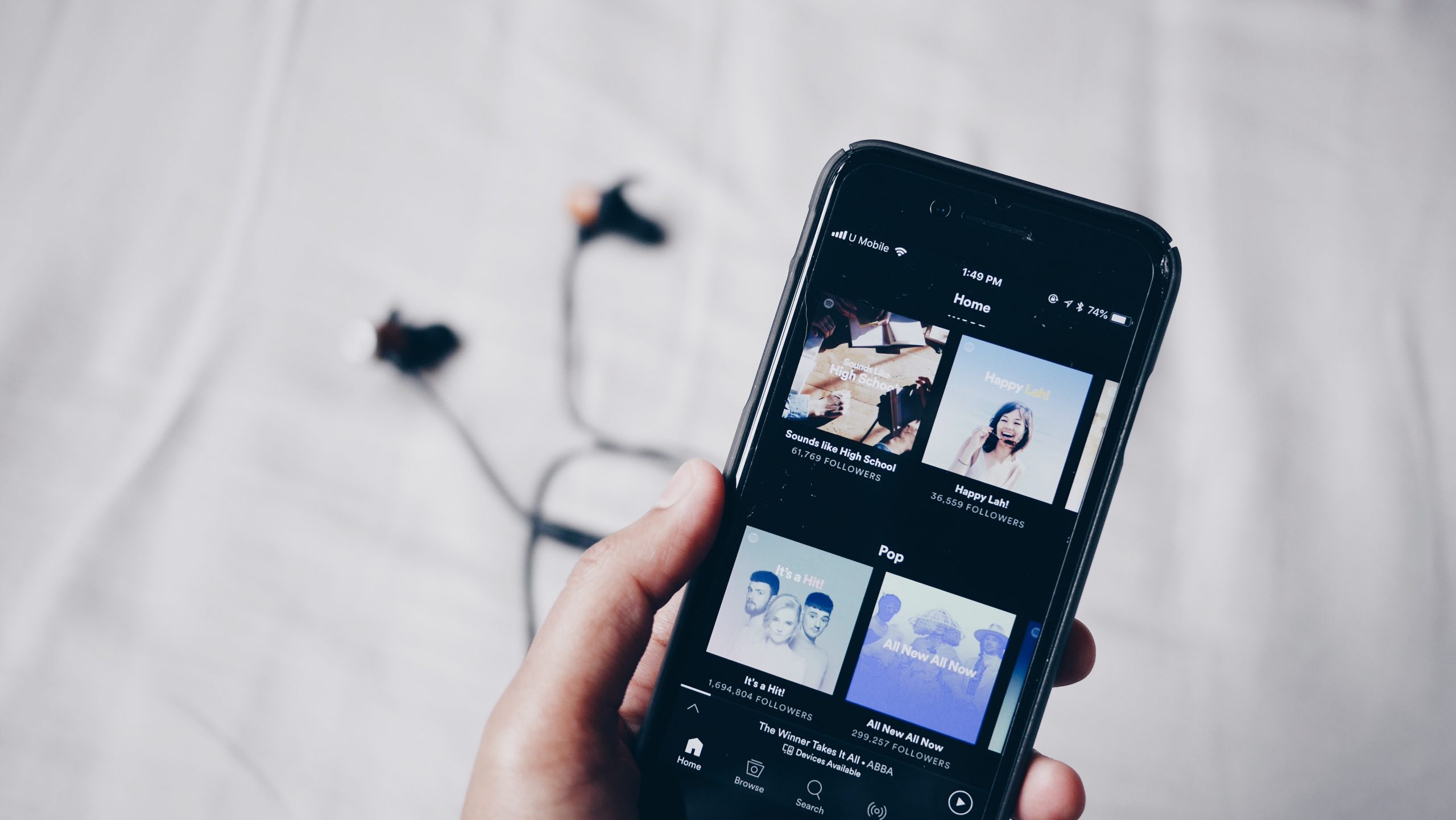The Decline of CD Sales – has physical copy has fallen out of favour?
We live in an increasingly digital world and so it might not come as a shock that the figures for CD sales have dropped considerably in recent years. With an increased choice in how we listen to our music, the CD format has become noticeably less attractive to consumers who are now looking toward alternative services. As a result, global CD sales have endured the disastrous effects of this modernisation.
With the decline of CD sales, streaming services such as Spotify and Apple Music have seen a major increase in their usage – with such platforms representing a staggering 80% of overall revenue in the music industry. Again, this may not be a shocking revelation as the two appear to have a causal relationship. However, what might come as a surprise is the scale and speed at which the CD’s decline has occurred. So, how quickly have CDs become a product of the past and why has it happened?
The Rapid Decline
Since 2008 CDs, and high street music retailers, have felt the wrath of technological advancements. It’s reported that from that year onwards there has been an annual average loss of 9.8 million sales. Consumers no longer want music to be a tangible product and instead seem to prefer the compact nature of streaming services over physical investment. It’s arguable that the convenience, speed and pricing of streaming platforms have played an intrinsic role in physical copy’s demise. For example, figures have shown that as of 2019 Spotify has 217 million users with only 46.08% of those opting for the premium service. This brilliantly demonstrates the flexibility of modern music platforms – a capability that CDs cannot compete with.
Although the free Spotify service comes with restrictions – such as only being able to play playlists or albums in a shuffle setting, not having access to Spotify Radio and frequent adverts disrupting your listening experience – it does not appear to deter users, with over half of them opting for this service rather than paying for the premium version. This strongly suggests that consumers value price over control which once more rationalises the tragic demise of CDs. Even so, for a grand total of £9.99 individuals can access premium features across several streaming services, such as; extreme quality streaming, unlimited skips as well as offline listening. This applies to all music hosted on the service, which for Spotify currently sits at over 30 million songs. In comparison, the usual 12 songs a CD can home – with the average retail price of £8.19 – fails to prove impressive. Of course, not all physical music formats that have felt the impact of this digital takeover. In fact, vinyl has remarkably seen an increase in sales over recent years. But often, these sales are driven by the aesthetically pleasing qualities of the form rather than the listening experience itself.
Tale As Old As Time
It’s also worth mentioning that this isn’t a new narrative! Whilst CD sales were thriving in the 1990s, many people were mourning the downfall of cassettes. The compact format had been an exhilarating invention that allowed music to become portable for individuals, but the rise of digital CDs made the form obsolete. Before long-treasured boomboxes were swept to the side to make room for a newer invention. Cars began to omit cassette players from their designs and people adapted to a newer, more advanced world. The same can be said for the current situation. Recurring advancement in technology indicates that improvement in the music industry’s services will likely never settle. Similarly, as consumer expectation and desires increase, both in terms of quality and quantity, services are pushed to do the same. The two come together in a cyclical nature. So although CD’s are the format that suffers today, it’s entirely plausible that in 30 years there will have been further development causing the demise of the streaming services we so largely favour at present.
*THIS POST IS SPONSORED BY LOVE IT COVER IT*
